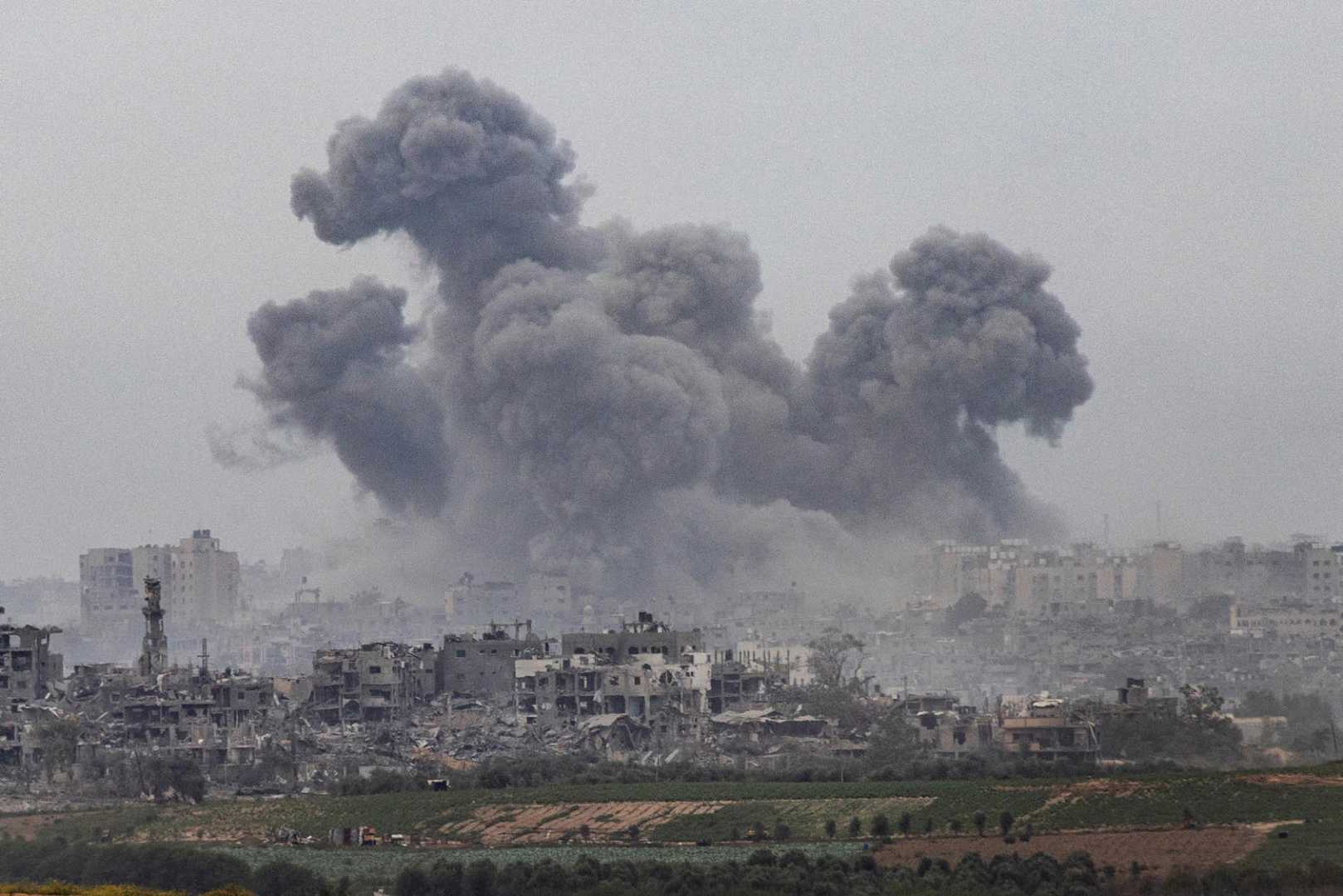News
Escalation in Middle East Conflict Raises Fears of Wider War

Tensions have significantly escalated in the Middle East as Israel has vowed to respond to Iran‘s latest military action. In a statement, Israeli Prime Minister Benjamin Netanyahu accused Tehran of making a “big mistake” after the Iranian military launched approximately 180 ballistic missiles towards Israel. This attack came in retaliation to Israel’s targeting of senior leaders from Hamas and the Islamic Revolutionary Guard Corps (IRGC).
The hostilities are part of a broader conflict that began nearly a year ago when Hamas fighters attacked Israel, leading the Israeli military to intensify its operations in Gaza. The violence has since expanded beyond Gaza, with new fronts opening in Lebanon and Syria. Israel announced a ground offensive into southern Lebanon; however, Hezbollah has denied any Israeli incursion beyond the border.
The conflict’s roots trace back to earlier exchanges between Israel and Hezbollah across the Lebanon-Israel border. This flare-up occurred shortly after the initial Hamas-led assaults, which resulted in over 1,139 Israeli fatalities and more than 200 captives, while Israeli retaliations against Gaza accumulated Palestinian casualties exceeding 41,000, predominantly women and children.
Continuous cross-border attacks have become a daily occurrence, with Hezbollah claiming solidarity with Gaza. Between October 7, 2023, and September 6, 2024, Israeli forces were responsible for 82 percent of the 7,845 assaults recorded by the Armed Conflict Location and Event Data (ACLED), resulting in 646 Lebanese deaths. Conversely, Hezbollah and other groups conducted 1,768 attacks, causing 32 Israeli fatalities.
In Syria, an Israeli missile strike demolished Iran’s consulate in Damascus, killing 13, including IRGC leader Major General Mohammad Reza Zahedi. This targeting of a diplomatic site prompted Iran’s extensive missile and drone assault on Israel, marking the first such direct engagement with Israel’s territory. While Israel managed to intercept most projectiles with aid from allies including the U.S., U.K., and France, a few penetrated, injuring several individuals.
The assassination of Ismail Haniyeh, Hamas’s political chief, in Tehran further inflamed tensions. Both Hamas and Iran accused Israel of orchestrating the strike. Ismail Haniyeh was in the city attending the inauguration of Iran’s President Masoud Pezeshkian. In response, Hamas’s Qassam Brigades warned that his killing escalated the conflict to “new levels,” promising severe repercussions.
During a recent major assault comprising upwards of 1,600 targets in Lebanon, Israeli forces reportedly killed over 700 Lebanese, among them children and women, with Hezbollah’s long-standing leader among the casualties. This assault prompted Lebanese health authorities to report numerous injuries and mass displacement as citizens sought refuge from the violence.
International reactions have varied, with figures like Trita Parsi from the Quincy Institute criticizing the lack of early ceasefire efforts in Gaza. He argued that U.S. policies aimed more at deterring Iran rather than restraining Israel contributed to the escalation. Similarly, Lebanese American University’s Denijal Jegic criticized the international community’s inability to intervene, attributing it to U.S. dominance and biases in global institutions.












